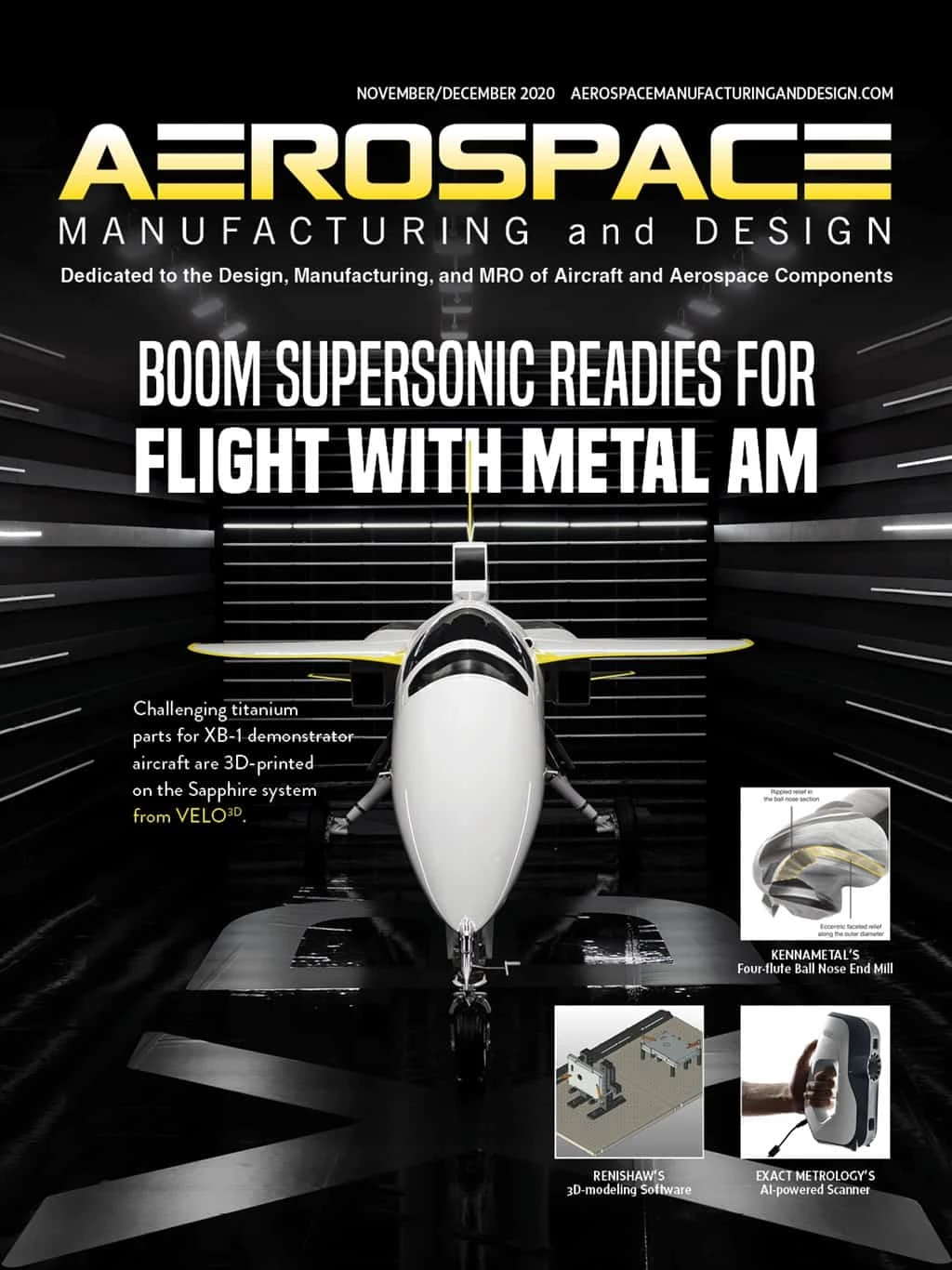
FixtureBuilder 8.0 3D fixture modeling software allows users to design metrology fixturing setups without using coordinate measuring machines (CMMs), reducing setup time. Using an imported CAD model of the part, the fixturing setup and part can be exported into inspection programming software.
Users can model fixtures using QuickLoad rail systems on CMMs to provide a secure workholding position when using QuickLoad base plates. Interchangeable rail and plate designs maximize the ability to quickly inspect and release parts.
Metrology tables, M12 metric, 1/4-20 imperial thread-size, and other fixturing components have been added, providing a wide range of fixturing components in the software’s library.
An improved mechanism mode shows real-life movement and collision detection with increased precision, resulting in faster fixture setups. Exporting the fixture model into inspection software is faster and easier in the new version, and software upgrades allow users to import and export the latest versions of 3D CAD file formats.

AI-powered scanning
The Artec 3D handheld scanner’s HD mode offers artificial intelligence (AI) scanning technology for sharp, clean, detail-rich scans.
Users obtain sharp 3D scans with up to 0.2mm resolution. Trained on hundreds of thousands of samples, the engine’s neural network detects familiar patterns, surface details, and shapes, allowing the 3D scanner to reconstruct more polygons per frame, resulting in 3D data that’s denser and higher quality.
HD density can be selected from a standard 1X density up to 36X for Artec Eva (~3 million polygons per frame) and 64X for Artec Leo (~5 million polygons per frame). HD mode allows the 3D scanner to capture smaller, thinner elements while reducing noise, giving cleaner processed data, and saving time producing the final 3D model. Scans can be fitted with primitive shapes and exported to the most popular CAD solutions for development.

Four-flute ball nose end mill
The Harvi I TE four-flute ball nose end mill for highly productive 3D roughing and finishing delivers lower machining cost through maximum metal removal in a broad range of materials.
In the ball nose section, wavy contours shape the rippled relief which improves coolant flow into the cutting zone, enabling higher feeds and speeds, increased depth of cuts by advanced vibration damping, and lower cutting forces.
On the outer diameter, the relief changes shape into eccentric faceted relief, providing edge strength, geometric accuracy, and lower cutting forces.
Other geometry advancements of the square end styles – a twisted end face, chip gashing, and a variable helix angle – have also been engineered into the solid carbide end mill.
It’s available in two different lengths, with diameters ranging from 2mm to 20mm (1/16" to 1"). The regular length is for 3D copy milling operations, while the long version offers sufficient length-of-cut (up to 4xD) for applications, including shoulder milling when wall and floor finishing is required.

Explore the November December 2020 Issue
Check out more from this issue and find your next story to read.
Latest from Aerospace Manufacturing and Design
- AAMI project call submission deadline extended to May 12
- Jergens launches cast iron tooling column additions
- Airbus to acquire assets relating to its aircraft production from Spirit AeroSystems
- FANUC America's Cobot and Go web tool
- Chicago Innovation Days 2025: Shaping the future of manufacturing
- High-density DC/DC converters for mission-critical applications
- #59 - Manufacturing Matters: Additive manufacturing trends, innovations
- ACE at 150: A legacy of innovation and industry leadership








